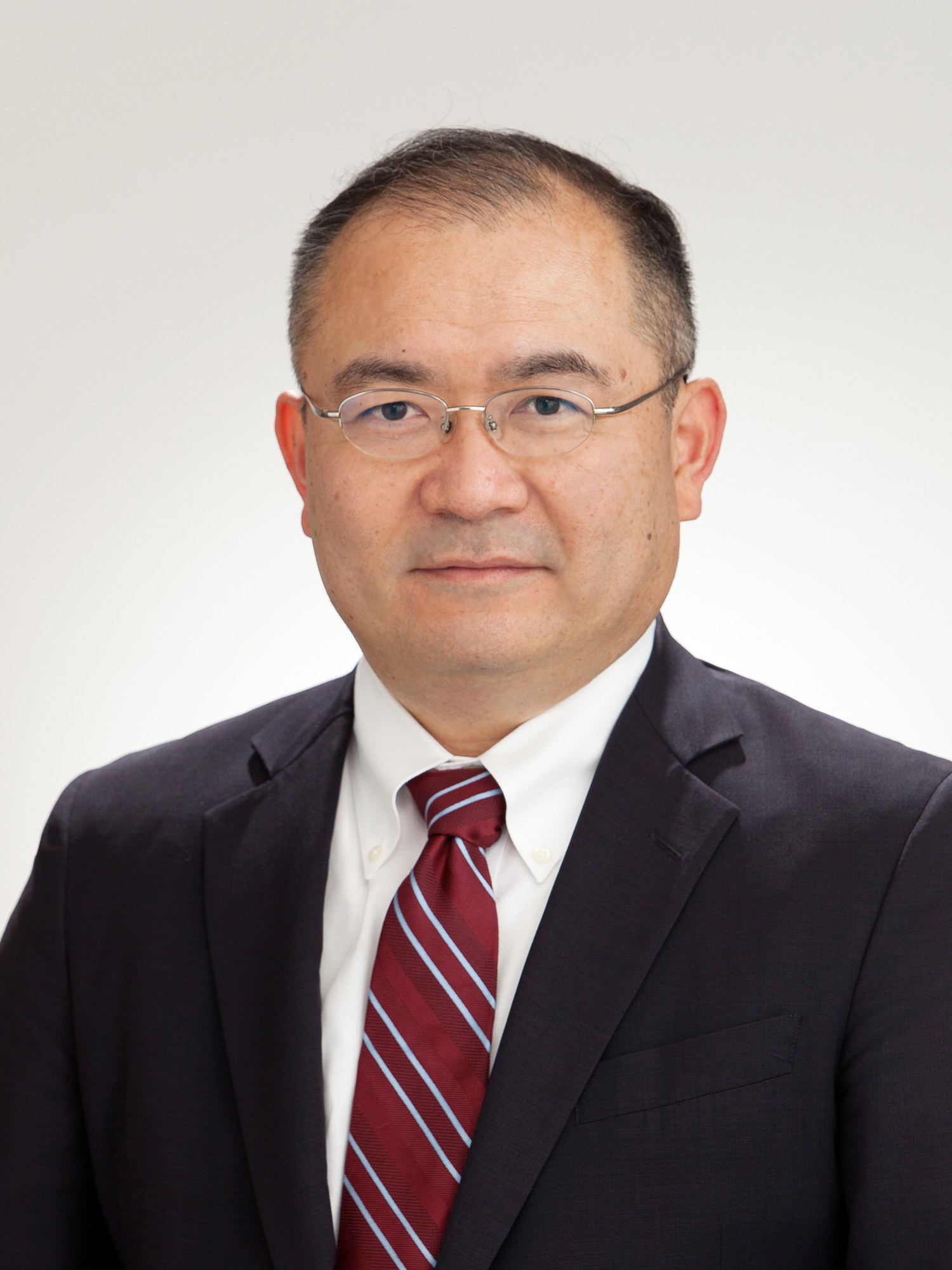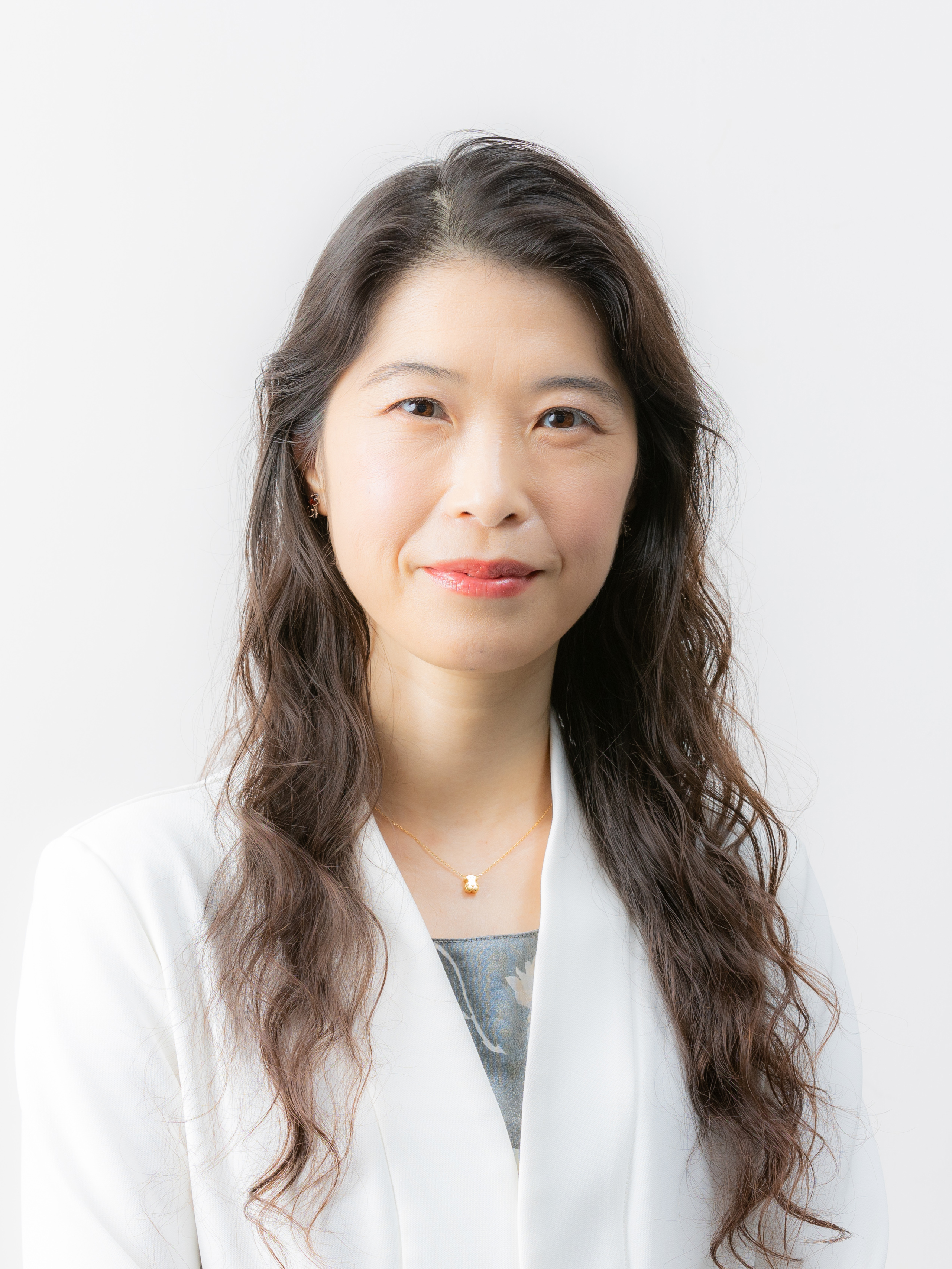
SAITO, Kiyoshi, Dean
The international community has put forward the Sustainable Development Goals (SDGs) to end poverty, protect the earth, and enable all people to enjoy peace and prosperity.In Japan, we see that Society 5.0 has been proposed as a concept for a future society with the aim of achieving both economic development and solutions to social issues by linking cyberspace with physical space, and that there are demands for the nation to build a society that can continue to grow sustainably while solving environmental problems such as global warming.In October 2020, former Prime Minister Suga delivered a policy speech aiming to build a digital society and achieve carbon neutrality by 2050.
In order to realize a society where sustainable growth is achieved while also trying to solve environmental issues such as carbon neutrality, which is an extremely difficult task, it is essential to have comprehensive initiatives in science and technology and disciplines in energy and the environment that go beyond the conventional frameworks, primarily in the human sciences, economics, and policy, in addition to the fields of environment and energy.
Waseda University has therefore decided to open the Sustainable Energy & Environmental Society Open Innovation Research Organization (SEES) to create a new organization that can address the requisite social systems and innovations by backcasting, and to co-create a bright future society with solutions for environmental and energy problems in an open forum that goes beyond the conventional frameworks.
Although there have been calls for collaboration and combination of various academic fields, such as combining mathematics, science, and engineering, and combining humanities and sciences, this has not been achieved very well.The reason is that it has been difficult to share advanced theories across the different fields. SEES is therefore constructing a common platform that can be utilized across diverse disciplines and fields, aiming to systematize new disciplines that can go on achieving social goals into the future, by utilizing those platforms.
SEES also advances partnerships between industry and academia beyond the academic framework, as well as with regions and the international society, to co-create the environmental society of the future with sustainable energy, along with exchanges among a diverse range of personnel.Through this co-creation, we are directing efforts into developing personnel capable of responding to environmental and energy issues with a flexible approach, unbound by conventional frameworks.
Within these initiatives, we believe it is our mission to pass on to future generations a planet where a safe and secure living environment is ensured and humanity can continue to grow sustainably.Our intention is to generate a fresh great groundswell, an environmental and energy groundswell, from here at Waseda University.

TOKORO, Chiharu, Deputy Dean
It has already been several years since the planetary boundaries were widely recognized and the SDGs, which aim to harmonize the economy, society, and the environment, were adopted. Since then, Japan has made a carbon neutrality declaration and green growth strategies have been formulated. This means that environmental responses will be expected to generate innovations that are viewed as growth strategies, rather than simply as social responsibilities or risks.
If we introduce new technologies and systems to achieve carbon neutrality and generate innovations, increased inputs of resources will be required. The earth’s resources are, however, limited. While till now we have been demanding economic growth in the pursuit of human wellbeing, the world has seen simultaneous increases in resource consumption and environmental impact, but from now on, while still demanding wellbeing and economic growth, we will need to “decouple,” by curbing resource consumption, and reducing environmental impact. However, there is often a trade-off between resource consumption and environmental impact, and it is not easy to reduce them simultaneously. One of the major propositions that humanity faces is to simultaneously achieve resource recycling and reductions in environmental impact, including carbon neutrality.
The circular economy concept is one solution. We must link manufacturing and processing supply chains, currently fragmented by consumers, and create new and diverse circulation loops to achieve resource recycling while reducing environmental impacts. The collection, transportation, and sorting required for recycling require considerable amounts of energy, which must be made as energy-efficient as possible through technological and system innovations, so as to reduce the environmental impacts of entire product life cycles.
The recently established Sustainable Energy & Environmental Society Open Innovation Research Organization (SEES) is one of a few research organizations in Japan bringing together researchers specializing in manufacturing and reprocessing. A key feature of SEES is that it brings together researchers who specialize not only in technological development, but also in the development of simulations as well as evaluation of entire lifecycles. We respect the tradition at Waseda University of basing science and engineering on practical learning, so another key feature of SEES is that each researcher goes beyond desk research and gets physically involved in their research and development as they seriously address issues in the field.
Our intention is to identify clues to finding solutions to humanity’s great challenge of simultaneously reducing environmental impacts and achieving resource recycling, by presenting proposals for highly novel systems and technologies encompassing entire lifecycles, from manufacturing to recycling.